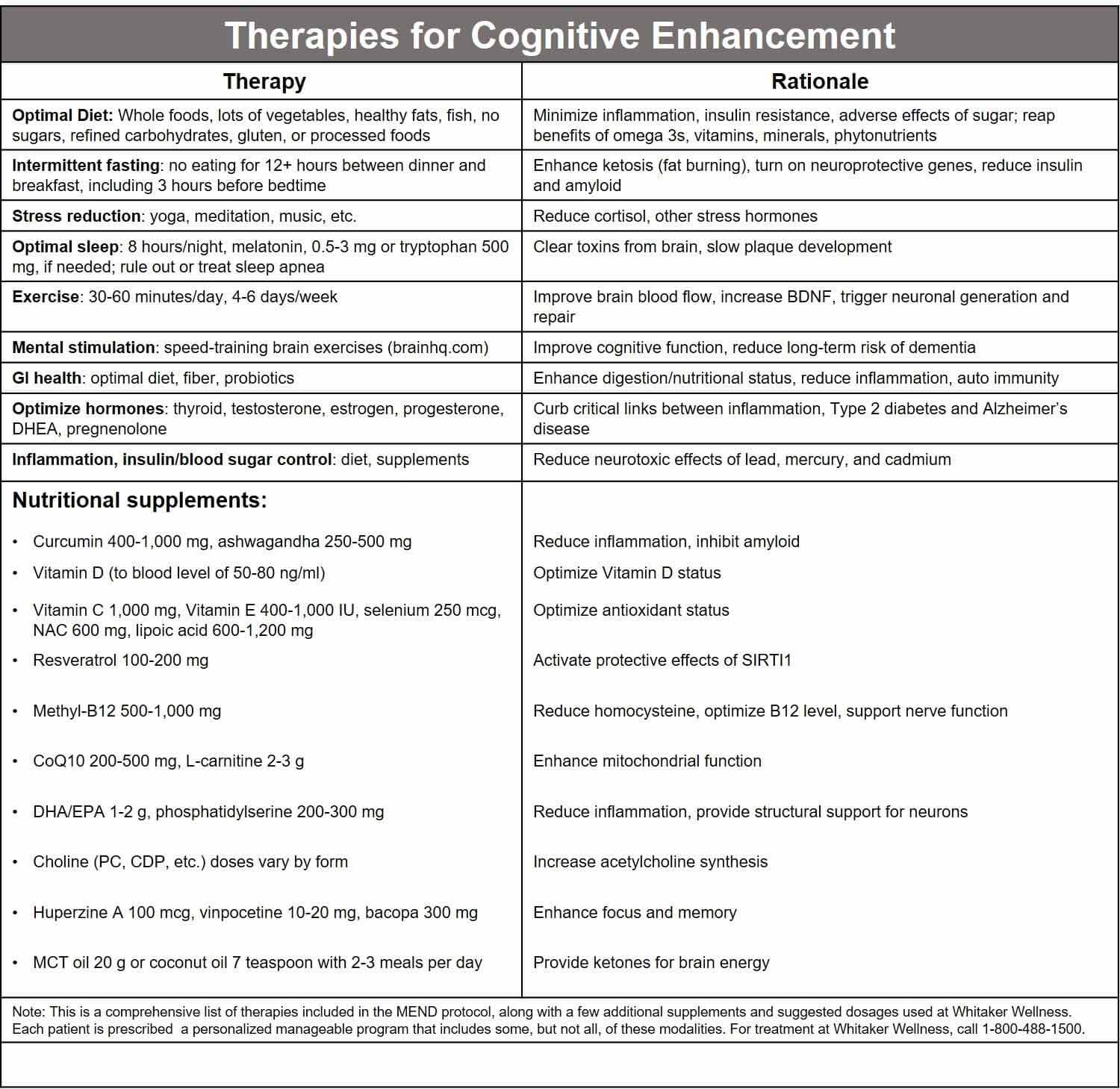
The quest for a cure for Alzheimer’s disease has been long, expensive, and frustrating. Billions have been spent testing hundreds of compounds, but 99.6 percent of the clinical trials have failed to slow progression or improve symptoms, let alone cure Alzheimer’s.
Two types of medications have been approved: cholinesterase inhibitors, which prevent the breakdown of acetylcholine, a neurotransmitter involved in memory and learning; and memantine, which blocks excessive, damaging activity of glutamate, an “excitatory” neurotransmitter. The effects of these drugs are modest at best. In fact, it’s hard to even tell if they’re helping at all due to the progressive nature of Alzheimer’s. But doctors prescribe them anyway because they have nothing else to offer.
Most of the new drug research focuses on reducing amyloid plaque or tau protein tangles, which riddle the brains of people with Alzheimer’s. So far, they’ve struck out. Part of the problem is that there’s much we still don’t know about the disease, what causes it, and how to diagnose it in its early, potentially treatable stages. Plaques and other degenerative changes begin developing years before symptoms appear, and by the time early Alzheimer’s is diagnosed, it’s relatively advanced and hard to treat.
Another issue is Big Pharma’s focus on a magic bullet for a specific target. Although plaques and tangles are characteristic of Alzheimer’s, this degenerative brain disorder has multiple causes, and true breakthroughs can only be realized by addressing the bigger picture.
A Holistic Approach to Memory Loss
To that end, Dale Bredesen, MD, Director of Easton Laboratories for Neurodegenerative Disease Research at UCLA, has developed a multifaceted treatment program he calls MEND (metabolic enhancement for neurodegeneration), which includes diet changes, exercise, mental stimulation, sleep enhancement, stress reduction, hormone replacement therapy, and nutritional supplements.
Each of these modalities has been shown in scientific studies to enhance various aspects of brain health. While no single entity can claim to have much of an effect on Alzheimer’s, Dr. Bredesen’s research has demonstrated that a comprehensive approach, consisting of multiple therapies, can.
In a 2014 paper, he reported that within six to nine months of starting the MEND protocol, 90 percent of patients with early Alzheimer’s had notable improvements. Dr. Bredesen followed this preliminary report with a 2016 series of case studies that included brain scans and neuropsychological testing before and after starting on the MEND protocol.
Reversing Memory Loss
One of his patients was a 66-year-old professional who complained of a two-year history of “senior moments” such as forgetting appointments and misplacing keys as well as difficulties at work. He had an APOE3/E4 genotype, which is linked with an increased risk of Alzheimer’s, and both his parents had memory loss. A PET scan revealed amyloid plaque and other signs of Alzheimer’s, and an MRI showed brain shrinkage.
This gentleman started the MEND program, and within three months both he and his wife reported significant improvements in his memory loss. On follow-up MRI after 10 months, his hippocampus volume had increased.
Another patient, a 69-year-old entrepreneur with well-documented Alzheimer’s, was in the process of closing his business because of 11 years of progressive and accelerating memory loss. Six months after beginning treatment, the patient, his wife, and his coworkers observed an increased ability to remember his schedule, recognize faces, and add columns of numbers in his head. Twenty-two months into the program, his neuropsychological test scores had improved so much that the psychologist who administered them stated that they exceeded anything he’d seen in 30 years of practice. And rather than shutting down his business, he decided to expand it.
Dr. Bredesen further reported that the patients who stuck with the MEND program, some for as long as four years, had no further memory loss problems, and in a number of cases, tests of cognitive function returned to the normal range.
MENDing Memory Loss
The degree of improvement these patients achieved is unprecedented. Cognitive decline and memory loss didn’t just slow down or stop—it reversed.
I want to make it clear that the MEND protocol is not a cure-all for Alzheimer’s or memory loss. Patients with late-stage Alzheimer’s continued to decline, suggesting interventions must be started early, as soon as symptoms appear—or better yet, as a preventive program for anyone concerned about age-related memory loss.
There are other challenges as well. Making diet changes, exercising, and adhering to a daily supplement regimen is a chore for anyone, let alone those with memory loss issues, and the burden to stay on track falls not only on the patient but also on family members or caregivers.
Furthermore, no matter how impressive they are, case histories of small numbers of patients are unlikely to be endorsed by conventional doctors and researchers until results are replicated by additional research. Larger studies are in the works, but results won’t be available for years.
If you or a loved one has serious memory loss, you don’t have years. The MEND program is safe, has no side effects other than weight loss and better overall health—and it’s the only therapeutic approach I’m aware of that has ever actually reversed Alzheimer’s and memory loss. The chart below provides an example of a typical protocol to treat patients with memory loss.



